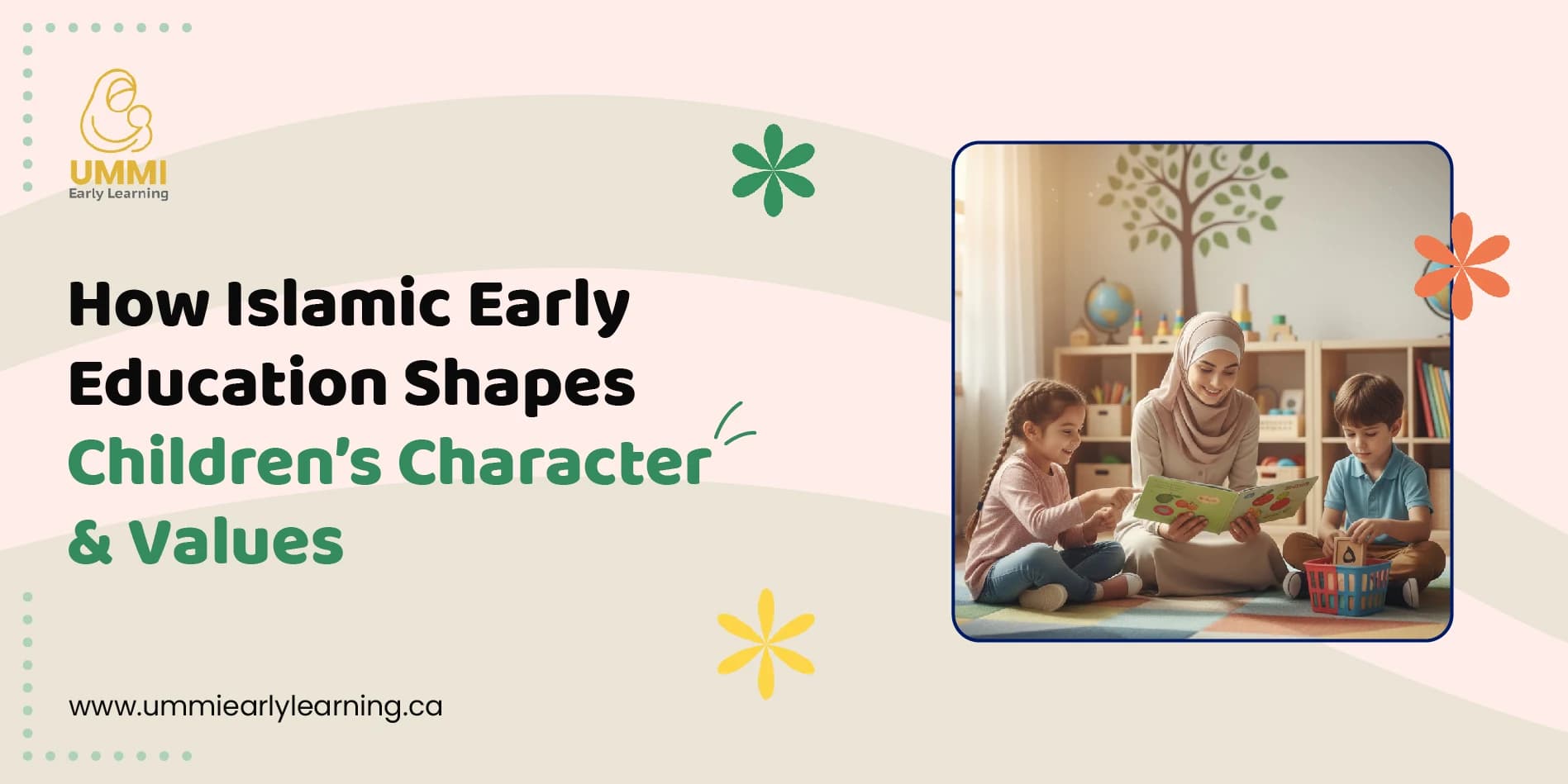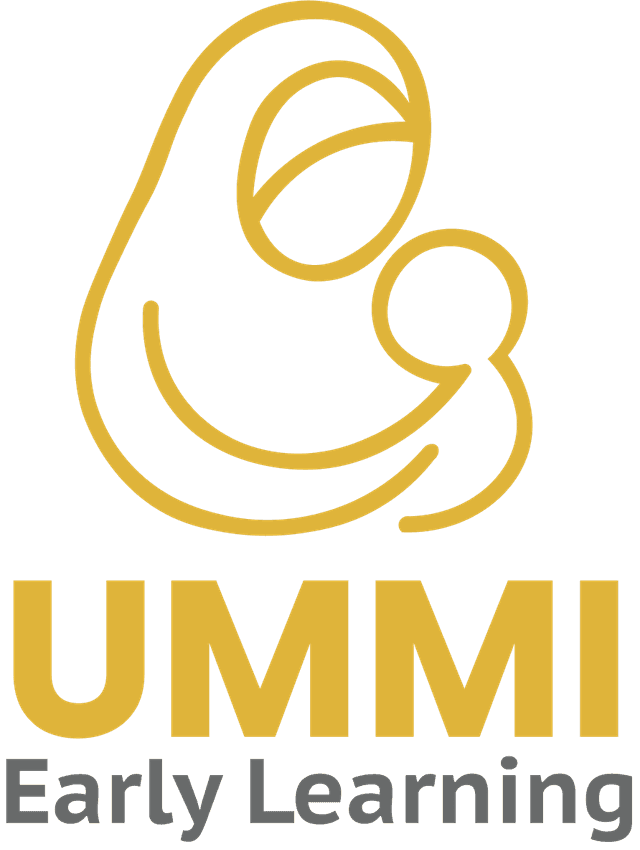
How Islamic Early Education Shapes Children’s Character & Values
Raising little ones is a journey full of laughter, questions, and the hope that they will grow up to be a well-rounded person. But have you ever thought about when that journey of building character really begins? The truth is that it all starts with the values that are planted in the first few years of life.
And when faith is gently included in these first lessons, it gives children a sense of purpose and belonging that stays with them as they grow. That’s why more families today are turning to Islamic early childhood education Vancouver has. Let’s check out how it shapes your child’s character and values.
What Makes Islamic Early Childhood Education Special
The preschool years are a golden window of opportunity. During this time, a child's brain grows quickly and takes in everything around them like a sponge. Every preschool teaches kids how to read and write and how to get along with others, but Islamic early childhood education Vancouver goes even further.
It shapes the whole child: mind, heart, and soul. The classrooms are set up so that faith is a natural part of everyday life. For instance:
Simple duas and greetings like Assalamu Alaikum are often part of morning routines. They help people feel peaceful and connected to their culture.
Storytelling sessions to share Islamic values to kids through age-appropriate stories of prophets and companions.
Kids have time for prayer and play-based learning, which makes faith a normal part of their day.
This balance is what makes Islamic education so special. It helps kids become confident and do well in school while staying true to their values.
At UMMI Early Learning Academy, we follow this model. Every classroom activity is designed to help children grow mentally and develop their character.
Important Values Children Learn Through Islamic Early Education
The main goal of Islamic early education is to help kids build a strong sense of right and wrong. Have a look at the main values that are nurtured to create this sense:
1. Tawheed (Oneness of God)
This is the most important part of the whole curriculum. In a simple way, kids learn that Allah is the Creator and that all good things come from Him. This helps them feel loved and safe, and it fosters a deep sense of gratitude.
2. Adab (Manners and Etiquette)
Kids learn to:
Say "Bismillah" before they eat
Greet other people with “Assalamu Alaikum"
Be nice to older people
All these are a part of daily life, which helps them become a natural part of a child's character.
3. Empathy
Through stories about the prophets and their friends, children learn how to help those in need and be kind to everyone. They are taught to consider how others feel, which is a crucial skill for social and emotional development.
4. Self-Discipline
The daily rhythm of prayer teaches kids how to be patient and self-disciplined. They learn to pause play to prepare for salah and to wait their turn. These are early lessons in discipline that will help them for the rest of their lives.
How Islamic Early Education Builds Character
Character is like the invisible backbone of a child's personality; it affects how they act, make decisions, and treat other people.
And as mentioned above, kids are like soft clay in the early years, ready to take shape. That's why Islamic early education puts a lot of emphasis on building character. It focuses on developing character through:
Stories:
Kids hear stories about the prophets that teach them about honesty, bravery, and patience.
Practice:
Little things like sharing toys with friends make values a part of everyday life.
Encouragement:
Teachers praise kids for doing good things, like helping a friend or being polite, so they feel good about themselves and do it again.
These little things you do every day will add up to strong character traits over time.
Frequently Asked Questions (FAQs)
1. At what age should we start Islamic early childhood education?
Most programs are open to kids who are at least 3 years old. At this age, kids are most likely to learn new habits and values.
2. Do Islamic preschools only teach religion?
Not at all. They make sure that kids are prepared for both school and moral growth by balancing academics with faith.
3. How do parents stay involved in their child's education?
Many schools encourage parent participation through workshops, family events, and meetings on a child’s progress.
4. Do kids learn Arabic in Islamic early education?
Yes, many programs introduce Arabic basics, like simple words and phrases, to help children connect with the Qur’an early on.
Conclusion
The preschool is one of the most crucial stages that shape your child into who they will be. And when faith is a part of that journey, it has an effect that lasts a lifetime. When you choose an Islamic early childhood education Vancouver has, you give your child the tools they need to become a better learner and believer.
We, at UMMI Early Learning Academy, take this duty very seriously. We’ve set up a positive learning environment where faith and learning go hand in hand. Come visit us today to find out how we can work together to give your child the skills and values they need to succeed!
